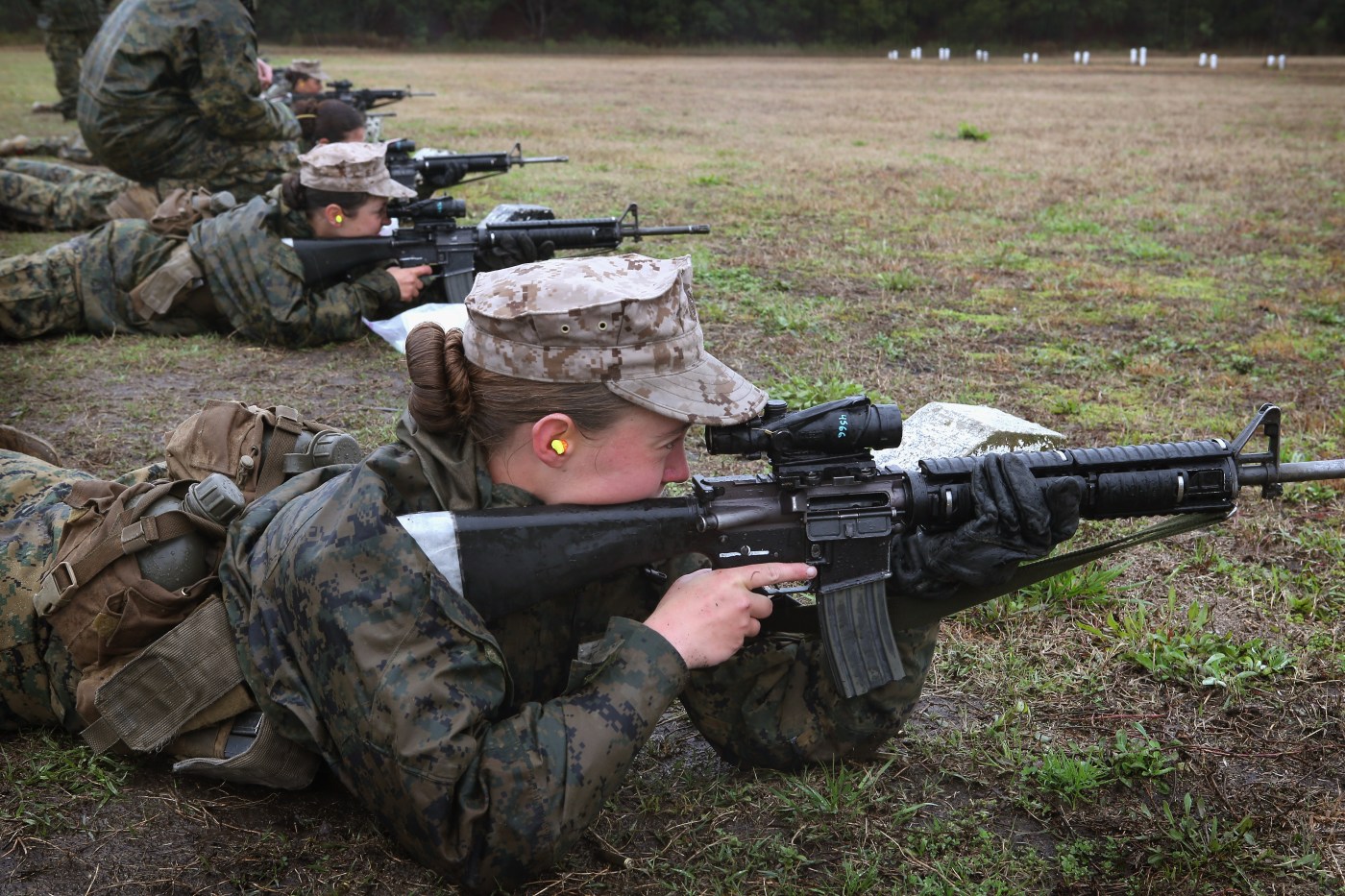
Wendy Murphy: Women serve but still second-class citizens
Women have been giving their lives for this country for a very long time.
Twenty-three year-old Lori Ann Piestewa was killed in Iraq in 2003 when her convoy was ambushed.
First Lieutenant Ashley White was twenty-four when she was killed by an IED in 2011 during a special operations mission in Afghanistan.
Twenty-eight year-old Aleda Lutz died in a combat zone in France during World War II during her 197th mission to evacuate wounded soldiers.
Second Lieutenant Emily Perez died in 2006 fighting in Iraq when the group she was leading was killed in an explosion. She was twenty-three.
First Lieutenant Sharon Lane was killed by shrapnel in 1969 when a rocket hit the hospital where she was serving as a nurse during the Vietnam War. I could go on. Women die on the front lines to protect American Democracy, but still don’t have basic legal equality. Why not?
A new lawsuit wants an answer to that question. I filed it myself in Massachusetts federal court earlier this month. The case asks why our government should expect women to tolerate second-class citizenship while bleeding to death in combat. A similar question was asked during the Civil War when Black men were encouraged to join the Union forces. Decent people said, “How dare the government ask Black men to give up their lives for a country that refuses to grant them freedom and equality?”
Women want to know the same thing. How can anyone ask them to die for a country that restricts their freedoms by refusing them basic legal equality?
The law books are full of examples of how inequality harms women but consider just these few: 1. Women are excluded from protection under the Massachusetts hate crime law, which means if you beat a woman because she’s female, it’s a less serious crime than if you beat her because she’s Irish or Muslim or even transgender. Everyone is protected from hate crimes except women. 2. Title IX (civil rights in education for women) is enforced less effectively compared to Title VI (civil rights in education for other groups, such as race, national origin, etc.). This allows schools to treat assaults against women differently and worse compared to assaults against other people. 3. Women can enlist in the military but cannot sign up for the draft. We haven’t had a draft since 1973 and won’t be seeing one anytime soon, but the 1917 Selective Service Act requires men to register for the draft, but women are forbidden to register simply because they are female. None of these things would be legal if women had legal equality.
The lawsuit I filed focuses on the Selective Service Act, not because all women support the draft; they don’t. Neither do all men. But the Selective Service Act is the starkest example of how easy it is for the government to legally discriminate against women.
Nobody should ask a woman to sacrifice her life for her country without first granting her full legal equality, but that is apparently the view of many audacious people. For example, several members of Congress, military leaders, and even the ACLU strongly support allowing women to register for the draft, but say nothing about giving women equality in exchange for requiring them to bleed to death alongside men.
If Congress, the ACLU, and our military leaders won’t stand up for women, I will. To that end, my new lawsuit makes a simple demand. If the government expects women to die in service to American Democracy, it must grant them equal rights under the very Constitution they died defending.
I dare anyone to disagree.
Wendy Murphy is a lawyer and victims’ rights advocate.


